Outstanding leaders need to pave their own way, have the ability to persuade, encourage and motivate others to follow.
The late Apple founder Steve Jobs is a case in point. He defied ridicule from analysts and colleagues to open a chain of Apple Stores. Today, they span the globe and far outsell traditional retail stores in sales. Microsoft, Samsung, and Sony have all followed Apple’s lead by opening retail stores to boost brand awareness.
Of course, the Steve Jobs example does not reflect all the fundamental factors behind a business’s sustainability. But it does illustrate why leaders and directors should be agile so that their companies can act quickly, flexibly, and adapt better to changes in today’s challenging business environment.
Rapid and drastic changes force companies to come up with ideas and read the market early. This will help them avoid making the wrong moves right from the start. However, experts are concerned that they have not seen this at Samsung Electronics, the world's leading memory chip maker.
Need a new strategy
With a wide range of products from consumer electronics, displays, telecommunications equipment, to chips, Samsung Electronics is ideally positioned to combine strengths from its core businesses. Samsung's vertically integrated nature makes its competitors wary thanks to its ability to deeply consolidate cooperation between member companies in sharing new technologies and integrating them into finished products.
For example, with its TV and smartphone divisions, Samsung typically launches its own versions months or a year after the big players. This strategy has worked so far because its unique vertical integration structure helps it figure out where the market is.
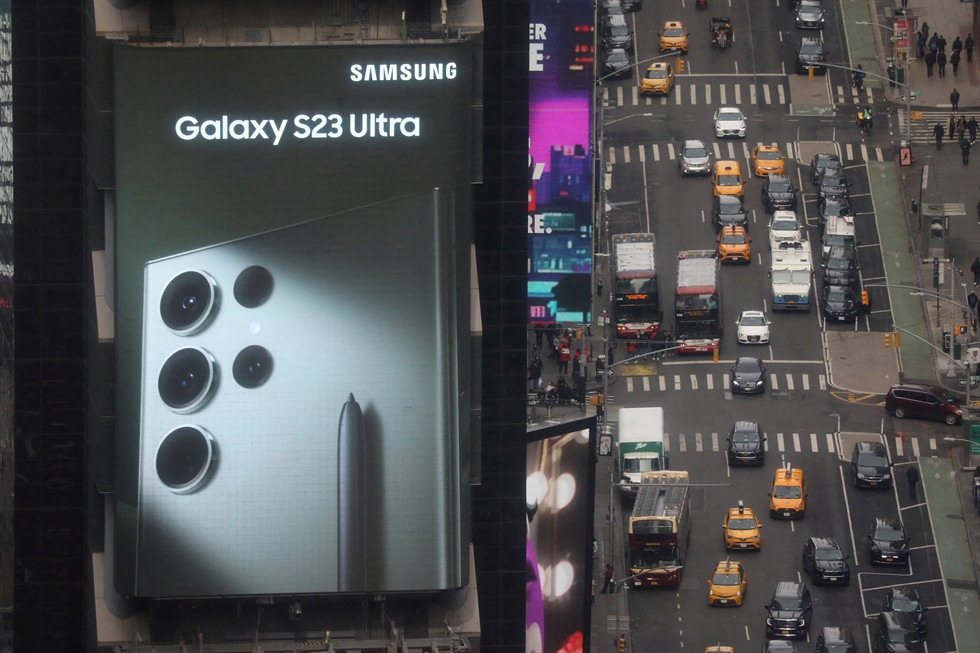
Samsung has long pursued a “fast follower” strategy that requires creativity and skill, an expert told The Korea Times. Samsung can handle this classic strategy without major risks. But if it wants to become leaner, the leadership team needs to define a new winning strategy to convince employees.
Samsung’s semiconductor division is said to have lost 8 trillion won in the first half of this year as it works to clear inventory, a stark contrast to the early 2010s when the company managed to maintain profits despite market turmoil caused by the Asian financial crisis.
In the chip segment, when competitors are struggling, Samsung can gain market share from them thanks to its much better technology. For a technology company like Samsung, technology is the most important thing. However, it seems that Samsung is trying to implement a strategy of coexistence with competitors, including SK and Micron Technology, an insider revealed.
Despite denying this, Samsung announced that it would adjust its memory chip production to “a meaningful level.” The company did not specify by how much. SK and Micron said that this was a positive decision to help chip prices recover. However, it also signaled that Samsung’s bargaining power in the memory chip market is no longer as strong as before.
“When you stop fighting for your life, you become complacent,” explains Pierre Ferragu, a researcher at New Street Research in the UK. Samsung is the fourth-largest semiconductor brand after Nvidia, TSMC, and Broadcom in terms of market capitalization. In 2018, Samsung was also the world’s most valuable semiconductor brand.
Developing a winning strategy and making a profit takes time. However, even with the most effective strategy, products and services must change as challenges and opportunities arise.
Choi Doh Yeon, an analyst at Shinhan Investment, a South Korean investment firm, stressed the need for Samsung to be nimble. Despite its technological prowess, Samsung needs to find the most feasible ways to create an innovative environment that will help employees light the way to success.
As the global memory chip market is dominated by the big three, Samsung aims to become the leader in contract manufacturing of logic chips by 2030. However, the company is still struggling to stabilize its sub-5nm logic chip production capacity.
Non-memory semiconductors account for the largest share of the global semiconductor market. With the rise of artificial intelligence (AI), data science , and quantum computing, these chips are increasingly important from a national security perspective. TSMC, which manufactures chips for its partners, is leading the non-memory semiconductor space.
Samsung’s smartphone and home appliances businesses are expected to perform worse in the second quarter than they did in the first quarter, according to estimates from IBK Investment and Hana Investment. While it may be an exaggeration to say Samsung is losing momentum, company insiders say they are asking management to take steps to overcome the slowdown and maintain flexibility.
Samsung representatives declined to comment on the Korea Times report.
(According to Korea Times)
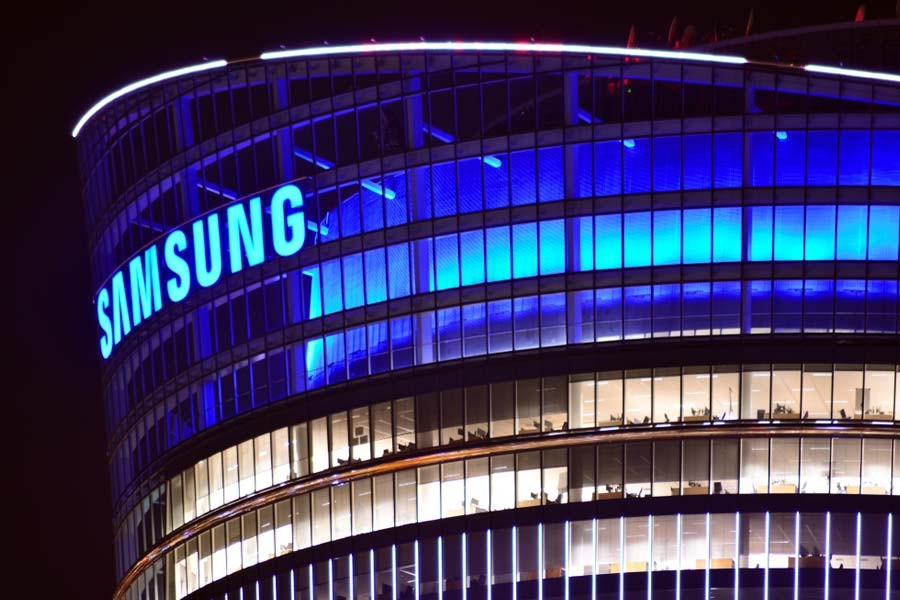
Source





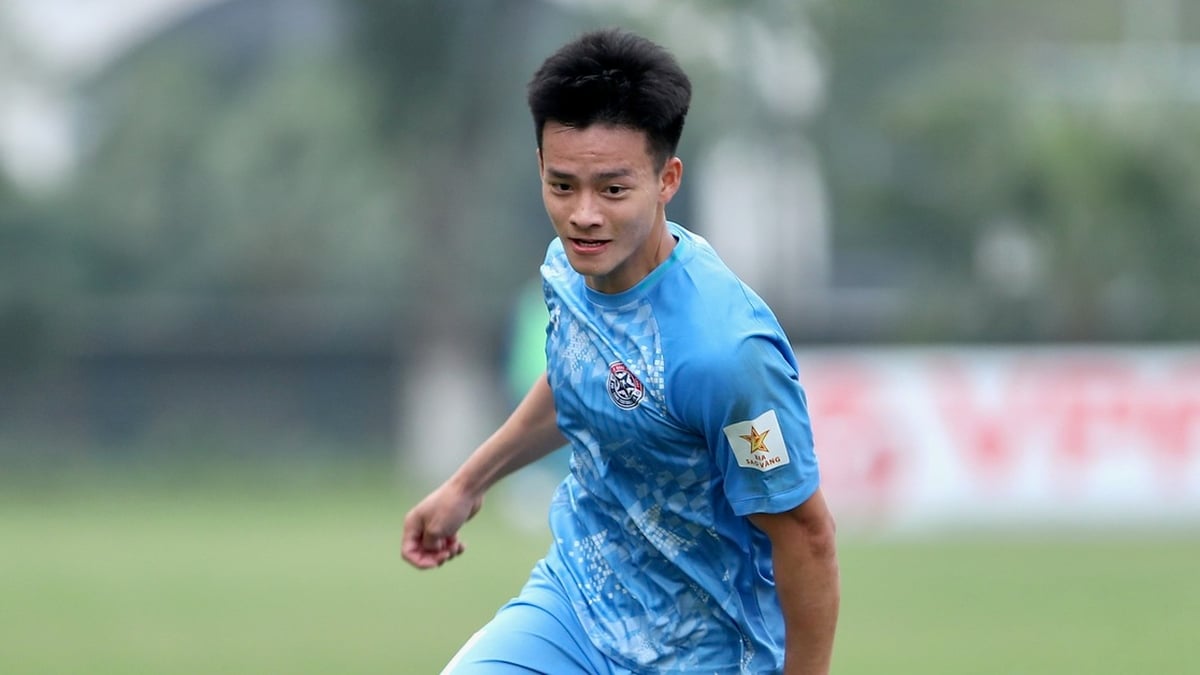
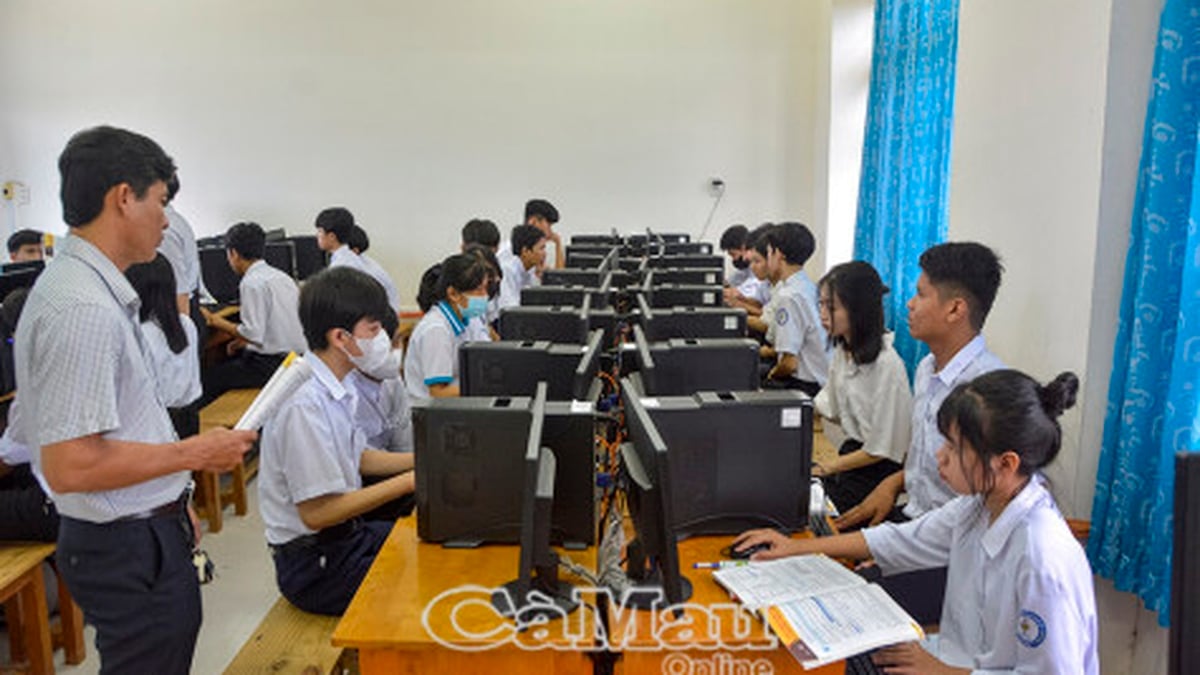

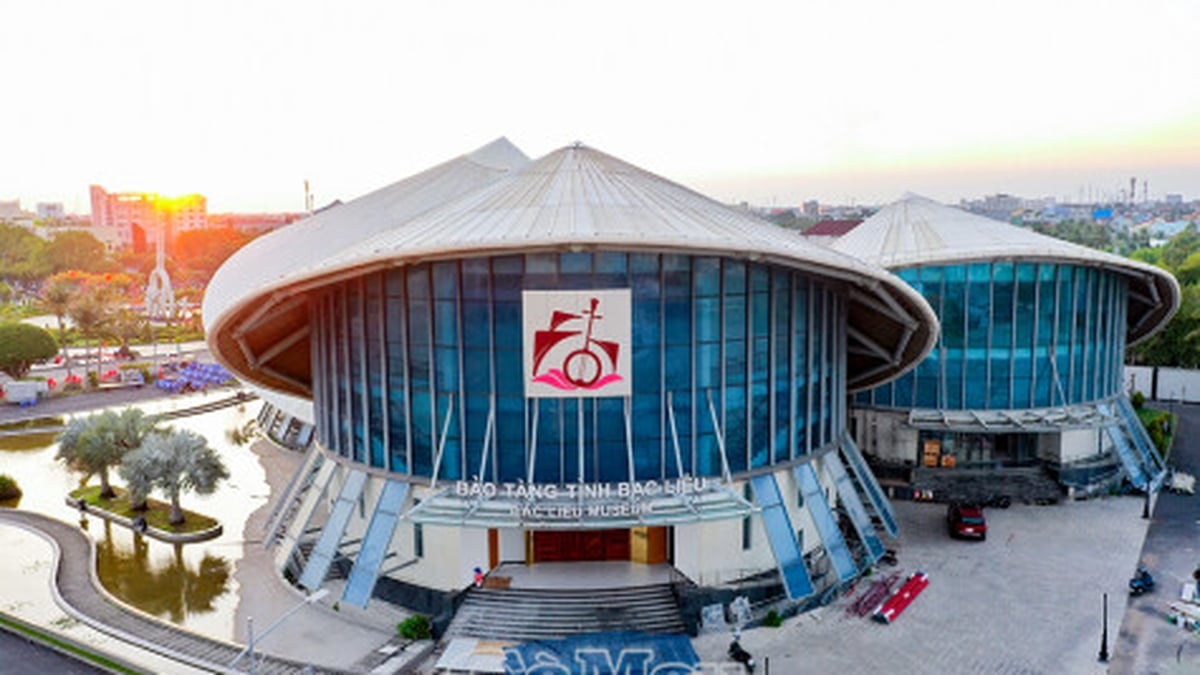
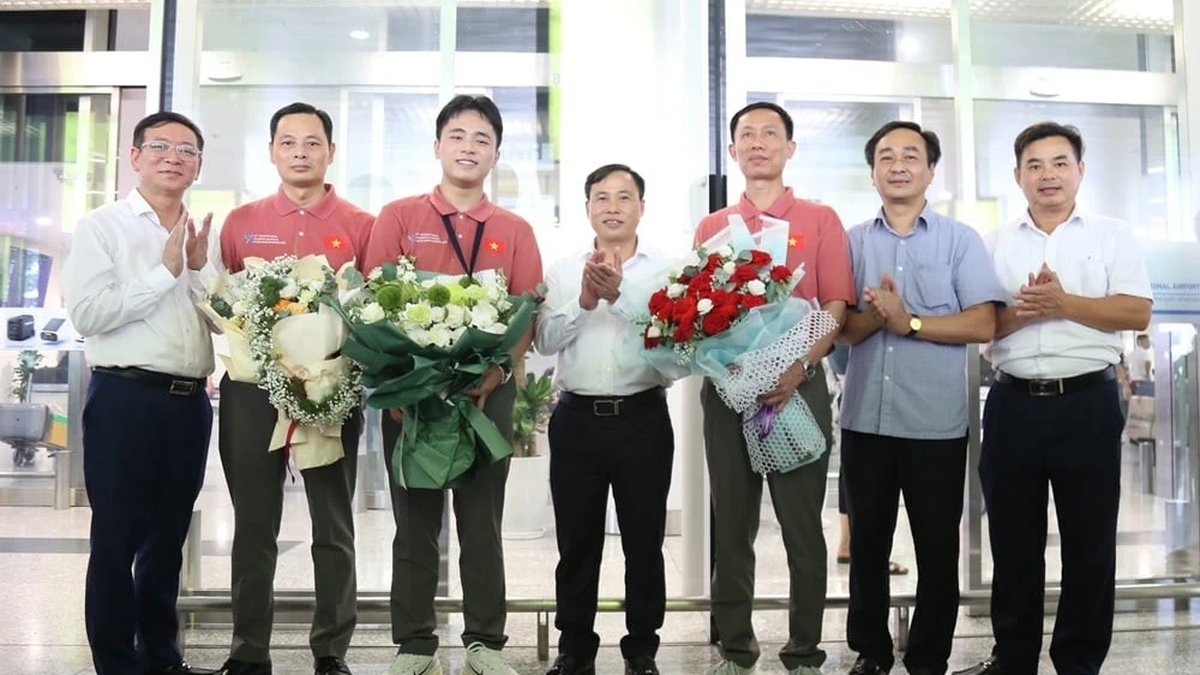

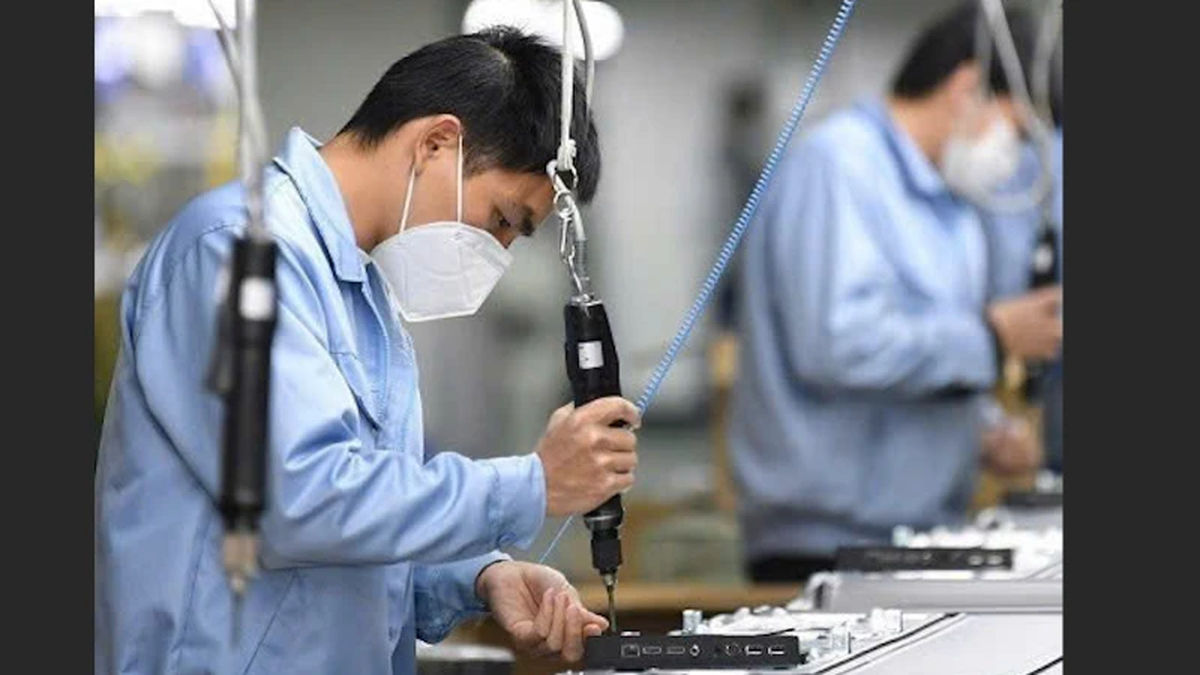






















































































Comment (0)